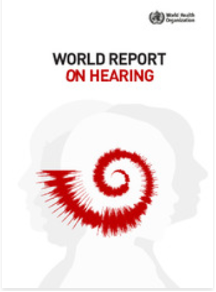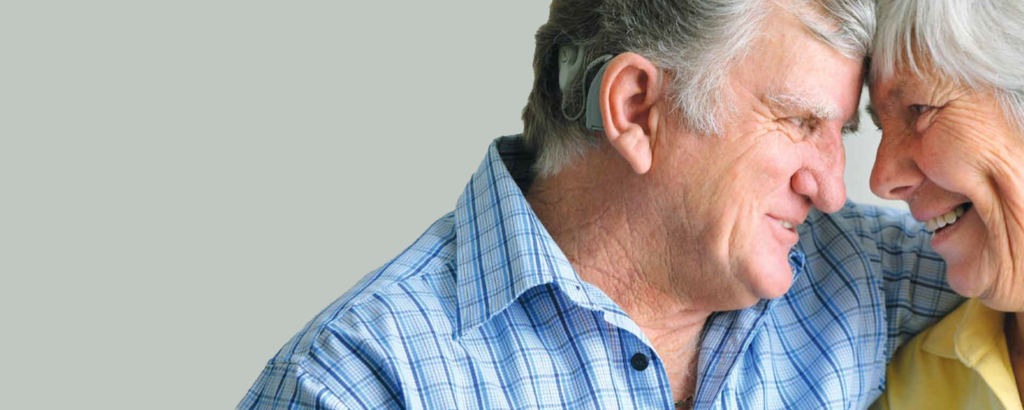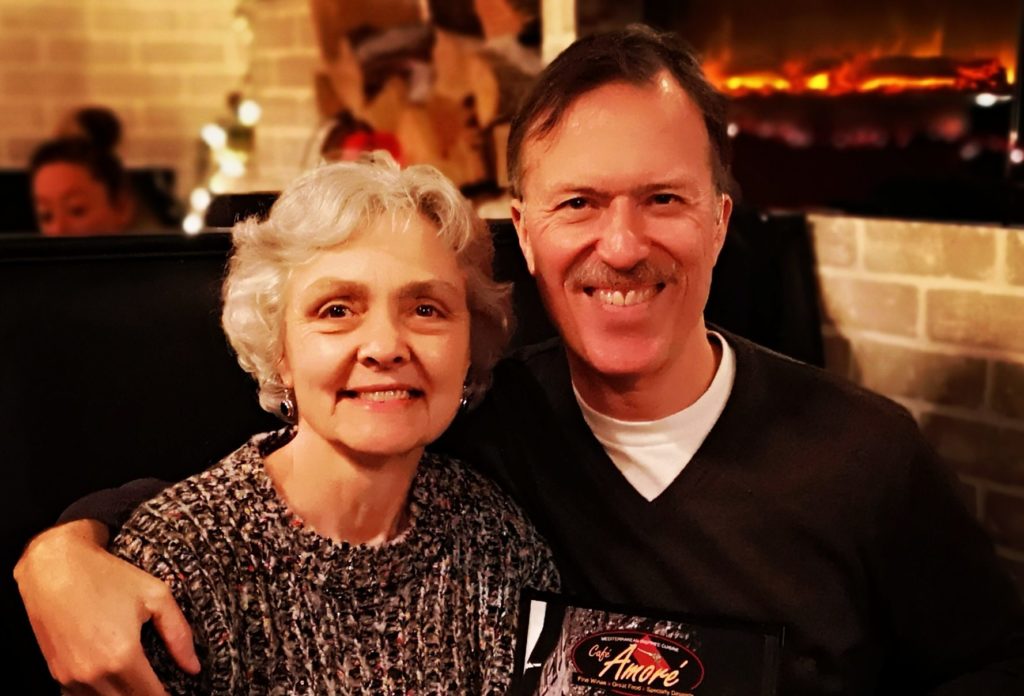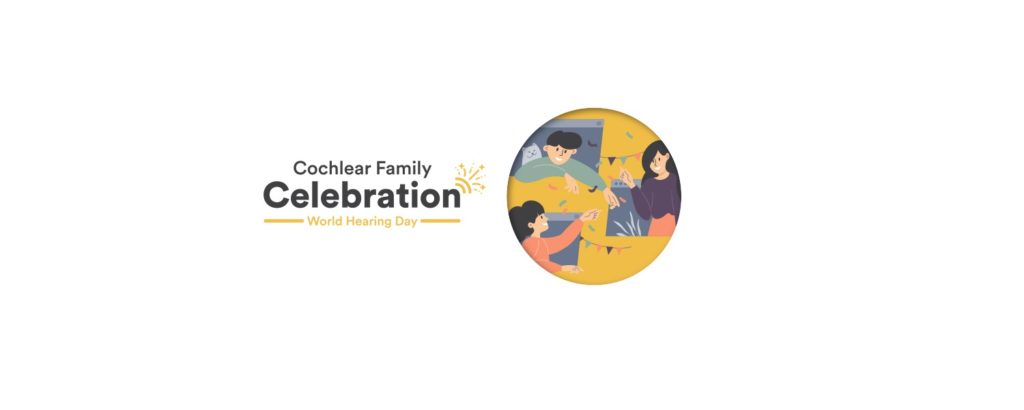Global celebrities Bryan Adams and Malala Yousafzai and others have joined a global groundswell of support to raise awareness for the World Health Organization’s (WHO) first landmark World Report on Hearing, which calls on governments and societies worldwide to prioritise hearing health.

Launched on World Hearing Day in March, the WHO’s first-ever World Report on Hearing contains guidance for governments to help curtail a worldwide rise in hearing loss.
Malala Yousafzai, the world’s youngest Nobel Peace Prize Laureate and advocate for education and girls’ equality, provided a foreword for the WHO report by expressing her hopes for world leaders to work together to implement its recommendations. Malala has also experienced hearing loss.
“With access to health care, rehabilitation and technology, people with disabling hearing loss can participate equally in education, employment and their communities,” Malala said.
Canadian rock singer Bryan Adams sees this as an opportunity to promote hearing health so people can enjoy music because of the role it plays in people’s lives.
“I’d like to use this World Report on Hearing to pass on this message: ‘Music is everything, and so is your hearing’,” he wrote in a testimonial for the report.
“Hearing loss doesn’t just affect the young, it affects all age groups. The way we enjoy our music is what counts; volume can damage your hearing forever. So, take care of your hearing with the level you listen to it. Remember, if you lose your sense of hearing, it won’t come back,” said Adams.
New WHO figures reveal that, globally, 1.5 billion people live with some degree of hearing loss. This includes around 60 million people who live with severe to complete hearing loss.1
In response to the rapidly rising prevalence of hearing loss, the report sets out hearing care policy actions for all societies and age groups, including babies, children and adults.
It follows a 2017 World Health Assembly resolution (WHA70.132) that reinforced hearing loss as a significant public health issue, requiring all governments to make it a higher priority and develop national action plans.
Dig Howitt, CEO and President of Cochlear said: “The numbers of people living with disabling hearing loss is continuing to rise year-on-year1. This landmark report shows how hearing care leaders and policy makers can step up now to tackle this significant global public health challenge.”
So how can you get involved? Share the pledge!
The WHO World Hearing Forum Changemakers group has created a global pledge to help build a worldwide grassroots movement to persuade societies to prioritise hearing health. The WHO calls upon governments to include the best possible person-centred ear and hearing care in national health plans for universal coverage.
The World Report on Hearing calls for action now. Together, our voices can make a difference. Here’s how you can share the pledge:
Write a personal message to show why you support societies and governments prioritising hearing health to make sure the best possible hearing care is available for everybody. And, why governments should include person-centred ear and hearing care within national health plans.
Upload the pledge with your personal message to your social media channels.
Include the following hashtags with your post: #hearingcarepledge #WorldHearingDay, #HearingCare, #SafeListening. Add the words “share if you agree” at the end of your message.
References
1 World Health Organization. World Report on Hearing. Geneva: World Health Organization; 2021. https://www.who.int/publications/i/item/world-report-on-hearing.
2 World Health Assembly, 70. (2017). Prevention of deafness and hearing loss. World Health Organization. https://apps.who.int/iris/handle/10665/275682




